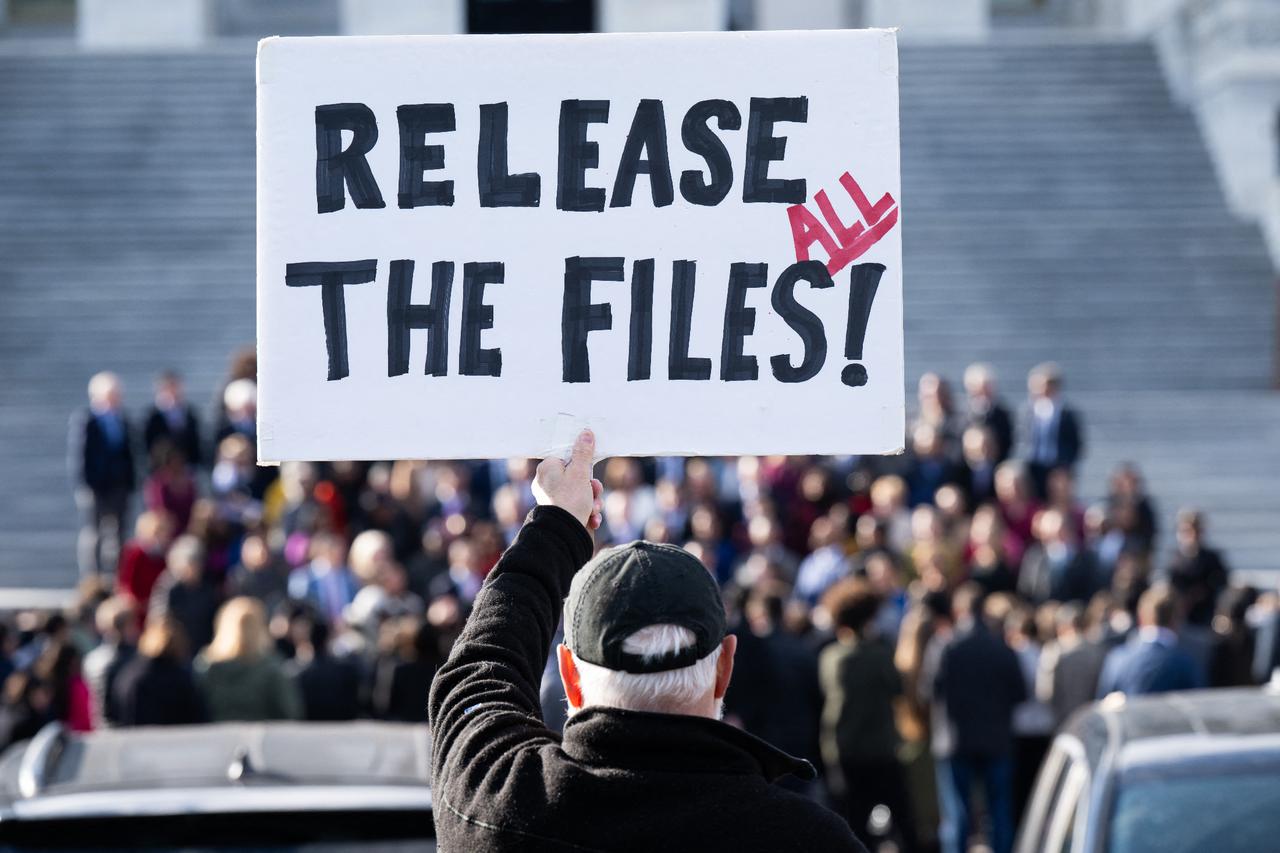
The renewed attention on Donald Trump’s past association with Jeffrey Epstein follows the release of a new set of emails obtained by House Oversight Committee Democrats this week.
These documents, produced by Epstein’s estate, contain assertions that complicate Trump’s long-standing narrative about the limited nature of their relationship.
Their publication arrives as a bipartisan group in the House secures enough signatures to force a vote on a transparency bill that would require the release of a broader collection of Epstein files, drawing the issue back into the political foreground.
Why does this matter?
The emails present a version of events that differs from Trump’s public statements.
Epstein’s messages refer to a victim who allegedly spent extended time with Trump at his home, describe his expectation that Trump might face questions during his early political rise, and include claims about Trump’s awareness of Epstein’s behavior.
None of these documents establishes criminal wrongdoing, yet they show a level of familiarity and context that Trump has consistently downplayed, prompting renewed scrutiny of the historical record.
These developments have intensified the broader debate about what remains undisclosed, and the new material reinforces the sense that the public has only partial visibility into Epstein’s network and the many figures connected to it.
In fact, Congress prepares to vote during the coming week on whether to open a larger set of files. Understanding the potential significance of the claims, how such disclosures could affect Trump’s political and private life, and what the wider repercussions might be is essential to explaining why some may be reluctant to see these files released.
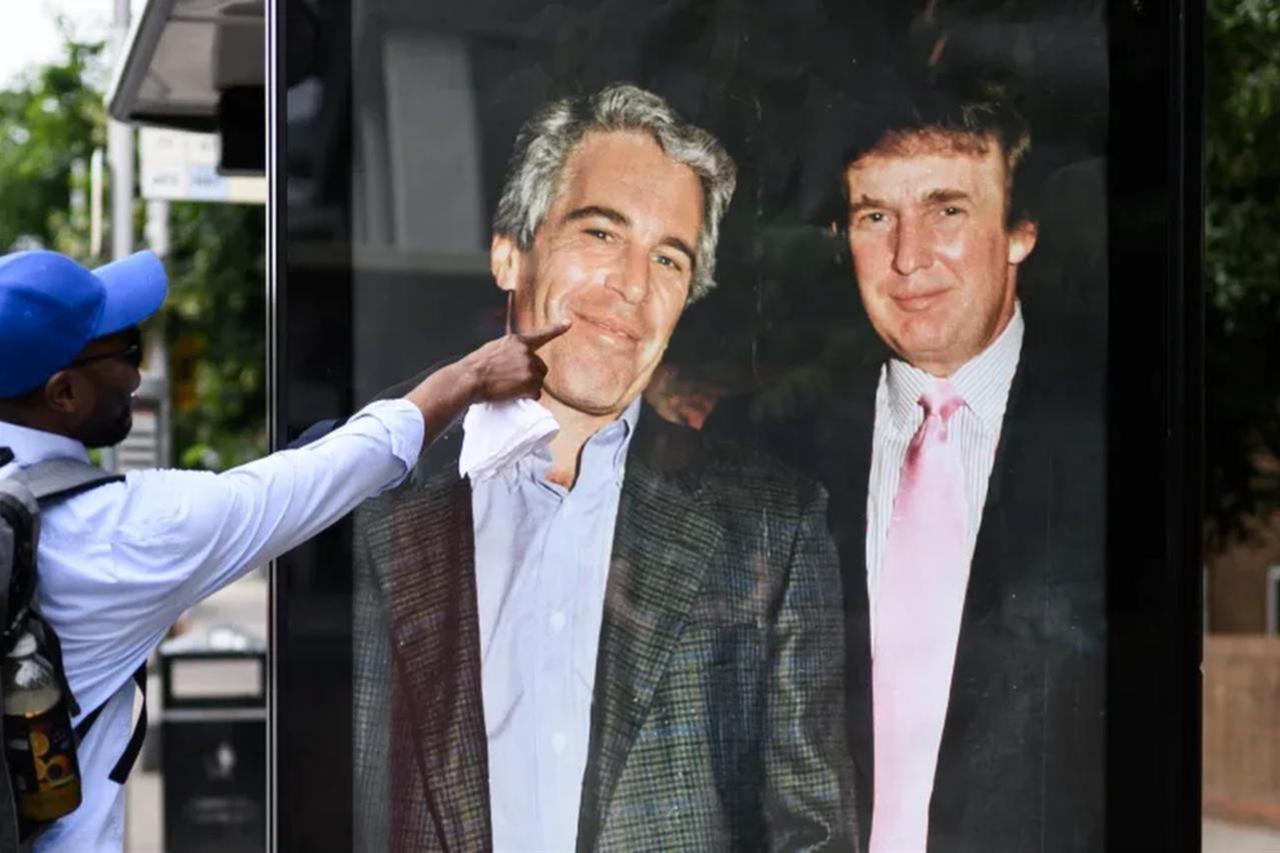
The newly released emails matter because they expand the documentary record in ways that directly contradict the simplicity of Trump’s long-standing portrayal of his connection to Jeffrey Epstein.
They provide dated, primary-source material that describes interactions and expectations inconsistent with Trump’s public claims of a brief and insignificant association.
Press Secretary Karoline Leavitt swiftly rejected the allegations, calling the release a "hoax" designed to distract from what Trump has characterized as a victory in ending the longest-ever U.S. government shutdown.
She accused Democrats of selectively leaking the correspondence to create a false impression of wrongdoing.
While these documents do not prove criminal wrongdoing, they complicate the historical narrative and raise questions about what Epstein believed Trump knew, the contexts in which they interacted, and how those interactions were understood within Epstein’s circle.
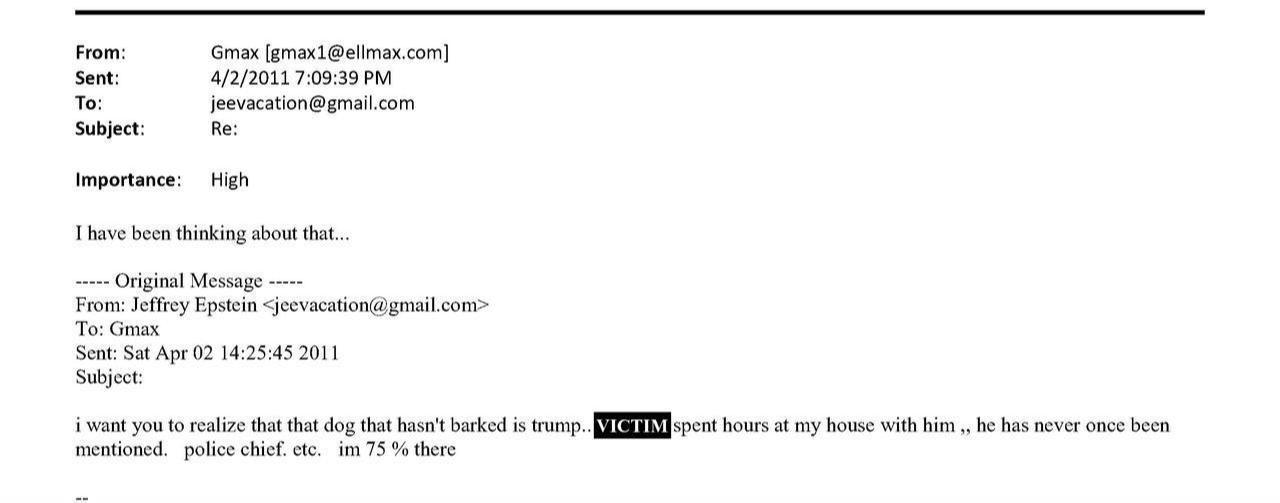
First email
One of the most significant emails is a 2011 message Epstein sent to Ghislaine Maxwell. In it, he writes that the “dog that hasn’t barked is Trump” and claims that a victim had “spent hours at my house with him.”
The victim’s name remains redacted in the publicly released file, yet the reference is notable because it places Trump inside Epstein’s home in the company of a person later identified as a victim. Trump has repeatedly insisted that his contact with Epstein was limited and superficial.
Epstein’s own phrasing suggests that he viewed Trump’s presence with this individual as both known and potentially consequential, which contrasts sharply with Trump’s narrative of distance.
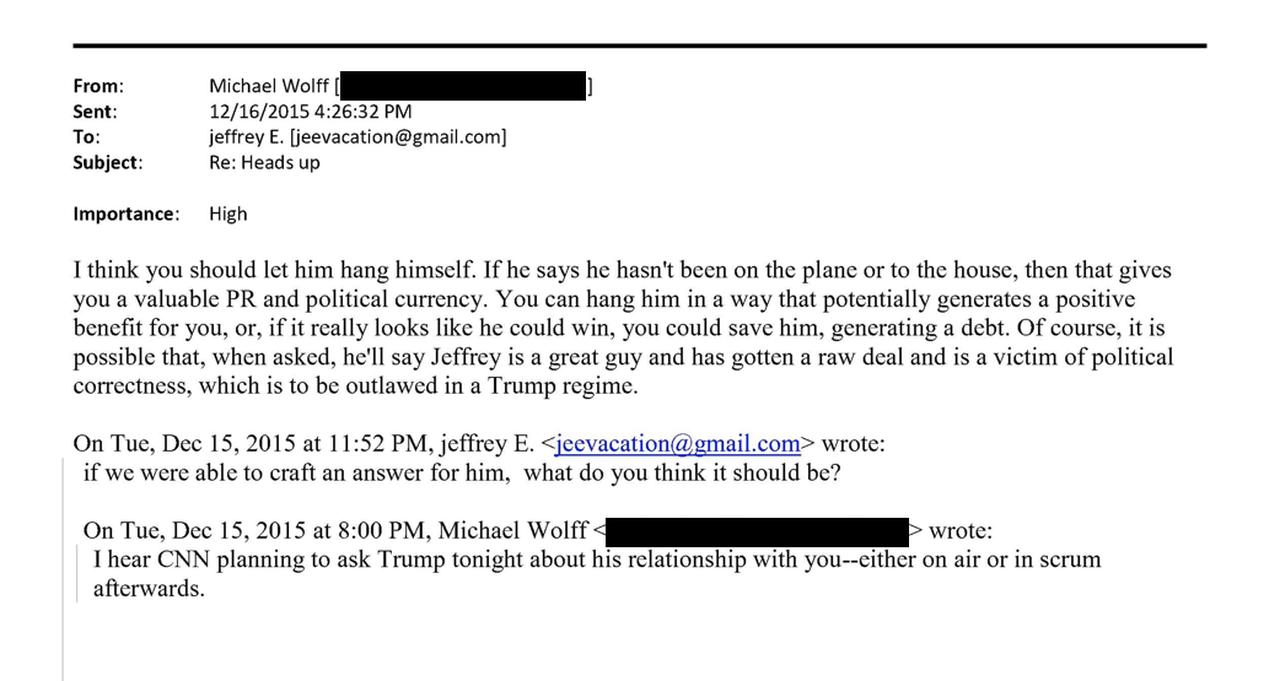
Second email
A second email, sent in late 2015, shows Epstein corresponding with journalist Michael Wolff as Trump entered national politics.
In this exchange, Wolff warns Epstein that Trump may face questions about his relationship with Epstein during public appearances. Epstein responds by asking what Trump “should say,” a reply that indicates an awareness of the political sensitivity surrounding their past interactions.
The tone of the exchange shows that Epstein still considered Trump’s association with him relevant in 2015, long after the moment when Trump claimed the friendship had ended. This suggests that Epstein understood the potential value or risk of their link at the outset of Trump’s presidential campaign.

Third email
A third email, written in 2019, contains Epstein’s most explicit claim about Trump. In it, he asserts that Trump “knew about the girls” and had once asked Maxwell to stop.
Although this statement remains uncorroborated and must be treated with caution, it stands in stark contrast to Trump’s repeated claims that he had no knowledge of Epstein’s abuse. The content does not provide evidence of participation, but it implies knowledge, which is politically significant even if legally untested.
The statement gains further weight because Epstein wrote it while under renewed scrutiny and during a period when public interest in their past interactions was increasing.
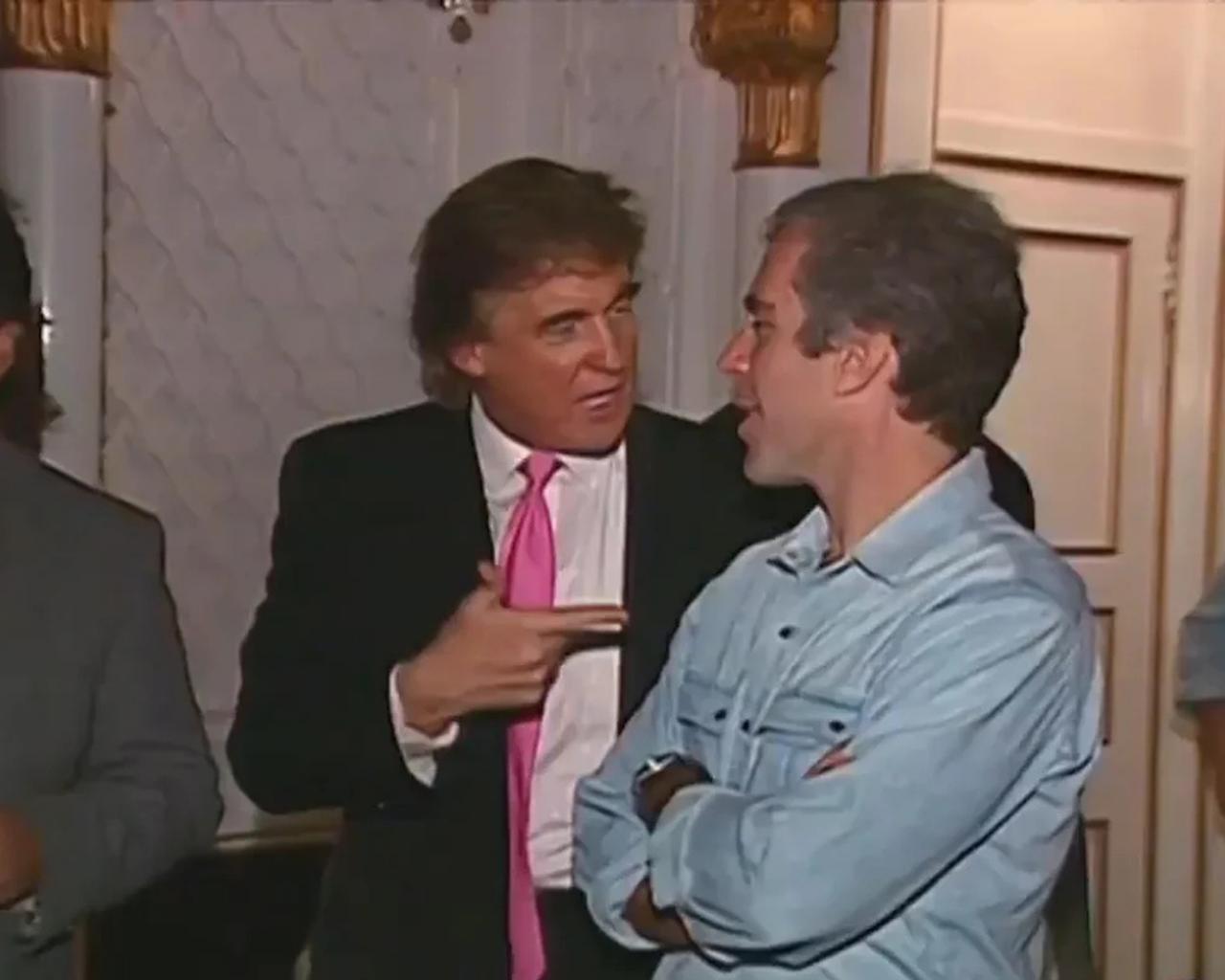
Donald Trump has spent years shaping a public narrative that presents his relationship with Jeffrey Epstein as brief, distant, and ultimately inconsequential.
He has repeatedly said he “barely knew” Epstein, insisted that he was “not a fan,” and claimed that he banned Epstein from Mar-a-Lago after inappropriate behaviour.
Since Epstein’s arrest in 2019, Trump has continued to frame their association as minimal, often suggesting that any connection belonged to a long-concluded social milieu rather than a meaningful link.
However, the documented record seems to tell a more layered story. Trump appeared in photographs and social footage with Epstein in the 1990s, and he described him as a “terrific guy” in a 2002 magazine profile.
The newly released emails add further complexity, with references to a victim spending extended time with Trump at Epstein’s home, discussions about potential political exposure in 2015, and Epstein’s 2019 claim that Trump “knew about the girls.”
The publication of Epstein’s 50th birthday album, which includes a personal message from Trump, contributes to this expanded picture.
Taken together, these materials do not establish criminal behaviour, but they contradict the simplicity and finality of the version Trump has advanced and show a degree of familiarity inconsistent with the distance he now emphasises.
They also raise questions about the timing of Trump’s earlier confidence during his 2024 campaign, when he said he would have “no problem” releasing Epstein-related documents and expressed certainty that disclosure would not implicate him.
His tone shifted in 2025 after media reports surfaced that the U.S. Justice Department had told him his name appeared in the Epstein files. Following that, newly released materials placed him more visibly within Epstein’s circle, and he began dismissing the subject entirely.
The contrast has fuelled speculation about whether his earlier openness reflected a campaign posture that changed once the potential implications for his own involvement became more apparent.
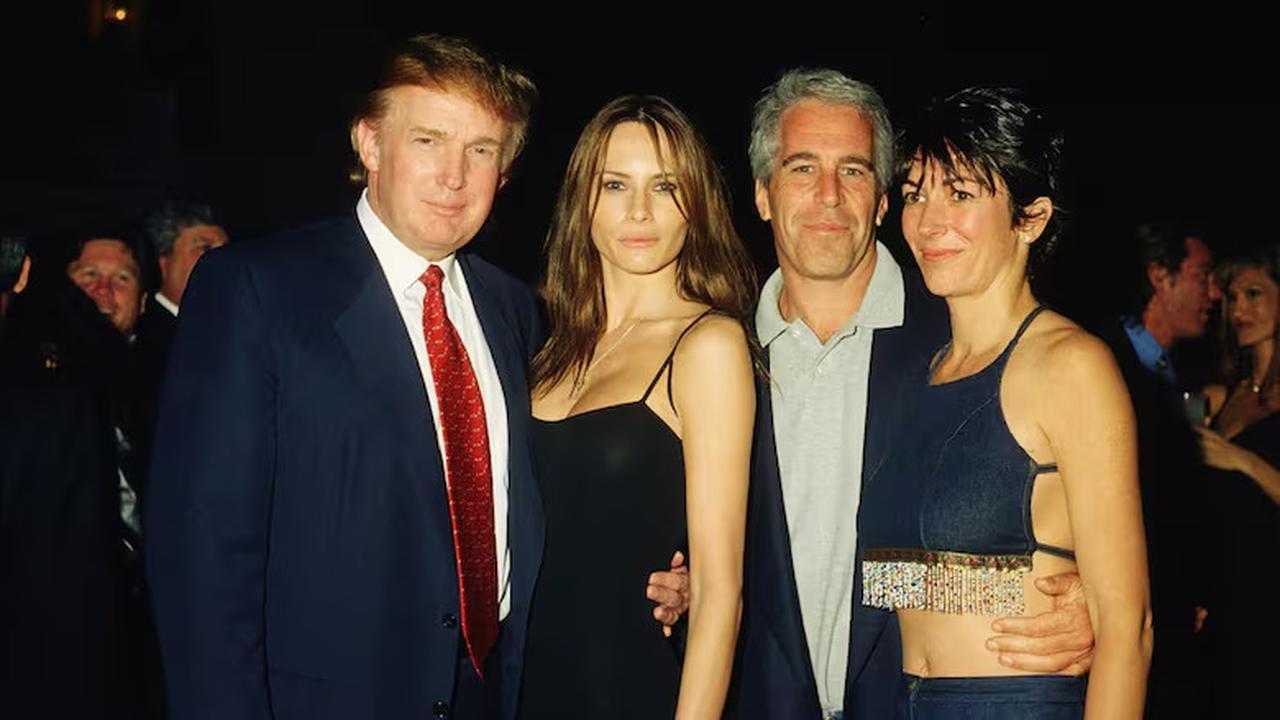
The contradictions between Trump’s public narrative and the documented record carry significant political weight, because they cut into a core element of his appeal: the claim that he stands apart from the elite networks he criticises and that he has nothing to hide.
When new materials reveal inconsistencies in his account, they do not establish criminal wrongdoing, but they create a vulnerability that resonates beyond the specific details of his relationship with Epstein.
Political candidates rely heavily on managing perception, and any sign that a candidate is withholding information can alter how voters interpret their broader claims about transparency, integrity, and independence.
These contradictions also pose practical risks within a presidential campaign where Trump’s opponents, both within and outside his party, have strong incentives to draw attention to new disclosures.
The reappearance of materials that present a more sustained connection to Epstein complicates Trump’s efforts to distance himself and provides fresh arguments to critics who have long questioned the credibility of his responses on the matter.
Even without evidence of criminal conduct, the resurfacing of emails, photographs, and archival items expands the interpretive space in which political rivals can suggest that Trump has not been forthright. In a crowded information landscape, the mere existence of unresolved details can influence public perception.
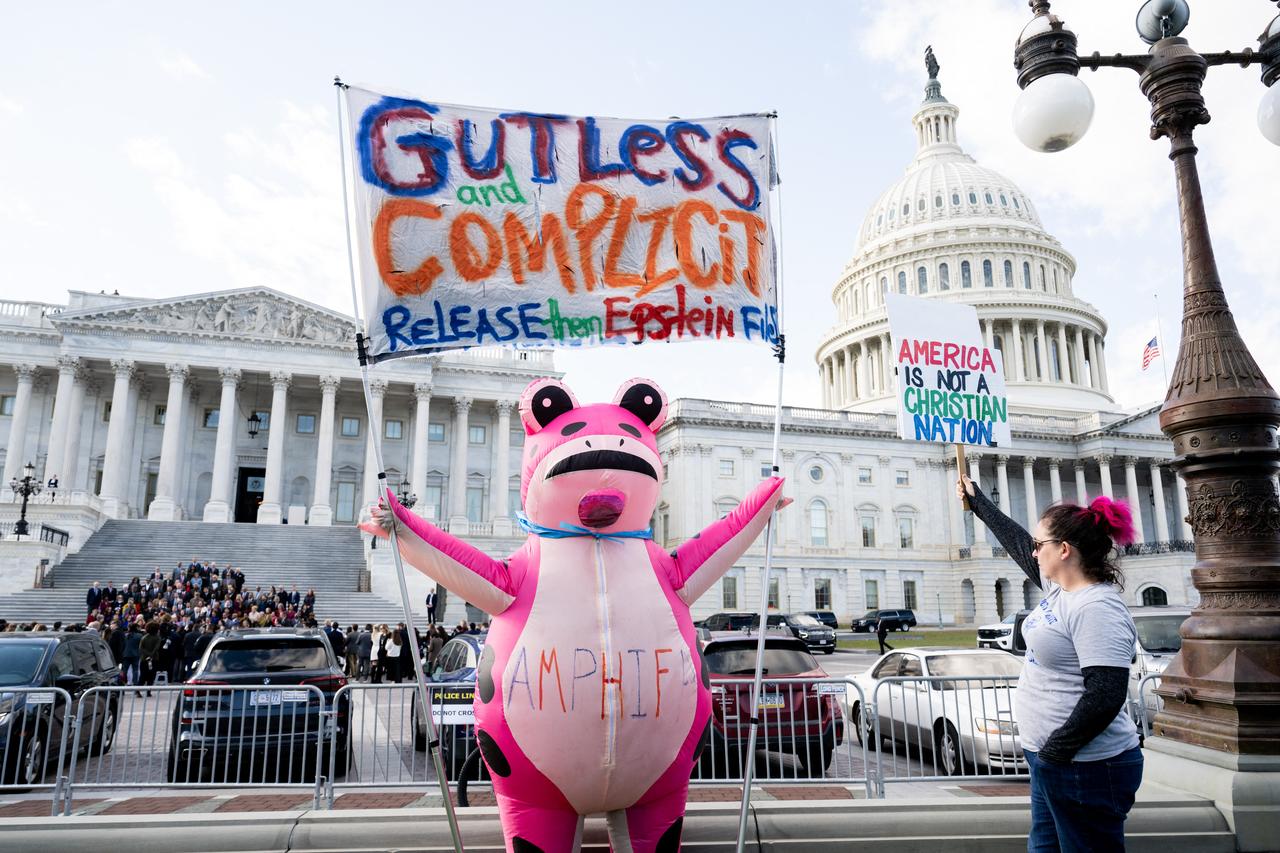
The congressional push to release a broader set of Epstein files creates a structural pressure that forces the issue into the centre of political debate. The transparency bill, backed by members of both parties, places Trump in a difficult position.
Supporting the bill might expose further documentation involving him, while opposing it contradicts his earlier statements about welcoming the release of Epstein-related materials. This tension is amplified by the fact that the vote is expected to be public, meaning any attempt to sidestep the issue becomes part of the record.
The alignment of these political dynamics turns the question of disclosure into a test of both institutional accountability and Trump’s capacity to navigate emerging information.
The stakes of this debate extend beyond President Donald Trump’s immediate campaign. The Epstein case has long functioned as a symbol of how powerful individuals can operate within insulated networks that remain obscured from public scrutiny.
The discussion increasingly concerns the credibility of political institutions and the ability of the public to access a full historical account as more material continues to surface. Trump’s political identity relies on contesting the legitimacy of those institutions, and thus, the inconsistencies between his narrative and the evidence carry a significance that transcends personal reputation.
The broader implications of these revelations highlight the degree to which the question of disclosure has become intertwined with debates about transparency, justice, and the limits of political power, and whether Trump ever intended to ensure such transparency in the first place.
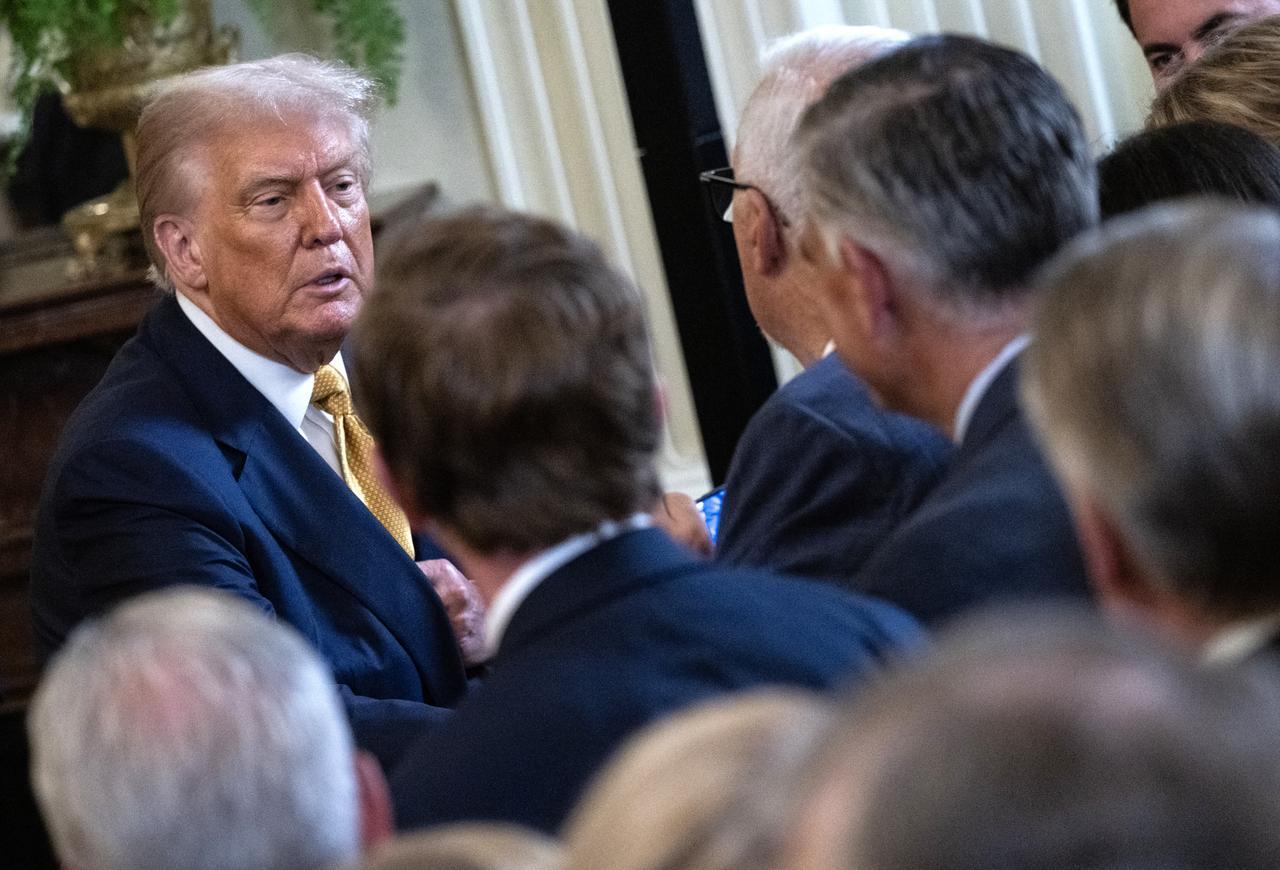
The possibility that further disclosures could reference Donald Trump more directly remains a source of political tension, not because new documents would necessarily prove criminal behaviour but because the political consequences could be substantial.
If upcoming releases or testimony were to corroborate Epstein’s claims about Trump’s awareness of his conduct, this would undermine the narrative Trump has relied on for years and weaken a central part of his appeal.
Any verified inconsistency between his public statements and the documentary record would be quickly used by political opponents and could reshape public perception during a sensitive campaign period.
If stronger evidence emerged that Trump attended Epstein-associated gatherings or knew more than he has acknowledged, the repercussions would intensify.
Even without legal ramifications, the reputational damage would complicate his campaign strategy, unsettle undecided voters, and generate pressure within his party to create distance.
The broader significance of the debate lies in what it signals about transparency and the opaque networks in which Epstein operated. His connections spanned politics, business, and media, yet the public still has access to only fragments of the full record.
The dispute over releasing the remaining files has therefore become a proxy for wider concerns about institutional accountability and the protection of powerful individuals.
When political leaders selectively support or oppose disclosure depending on personal interest, confidence in the system erodes.
This is why the case resonates beyond Trump’s immediate interests. The inconsistencies in his statements illustrate a larger structural problem, in which elite networks operate with limited oversight and disclosures surface only through court orders or congressional intervention.
The bipartisan push behind the transparency bill reflects a broader frustration with the barriers that prevent the public from seeing a complete historical account.
Regardless of whether the files damage Trump, the process will test how much openness the political system is prepared to tolerate and will influence public trust in institutions that claim to act in the public interest.